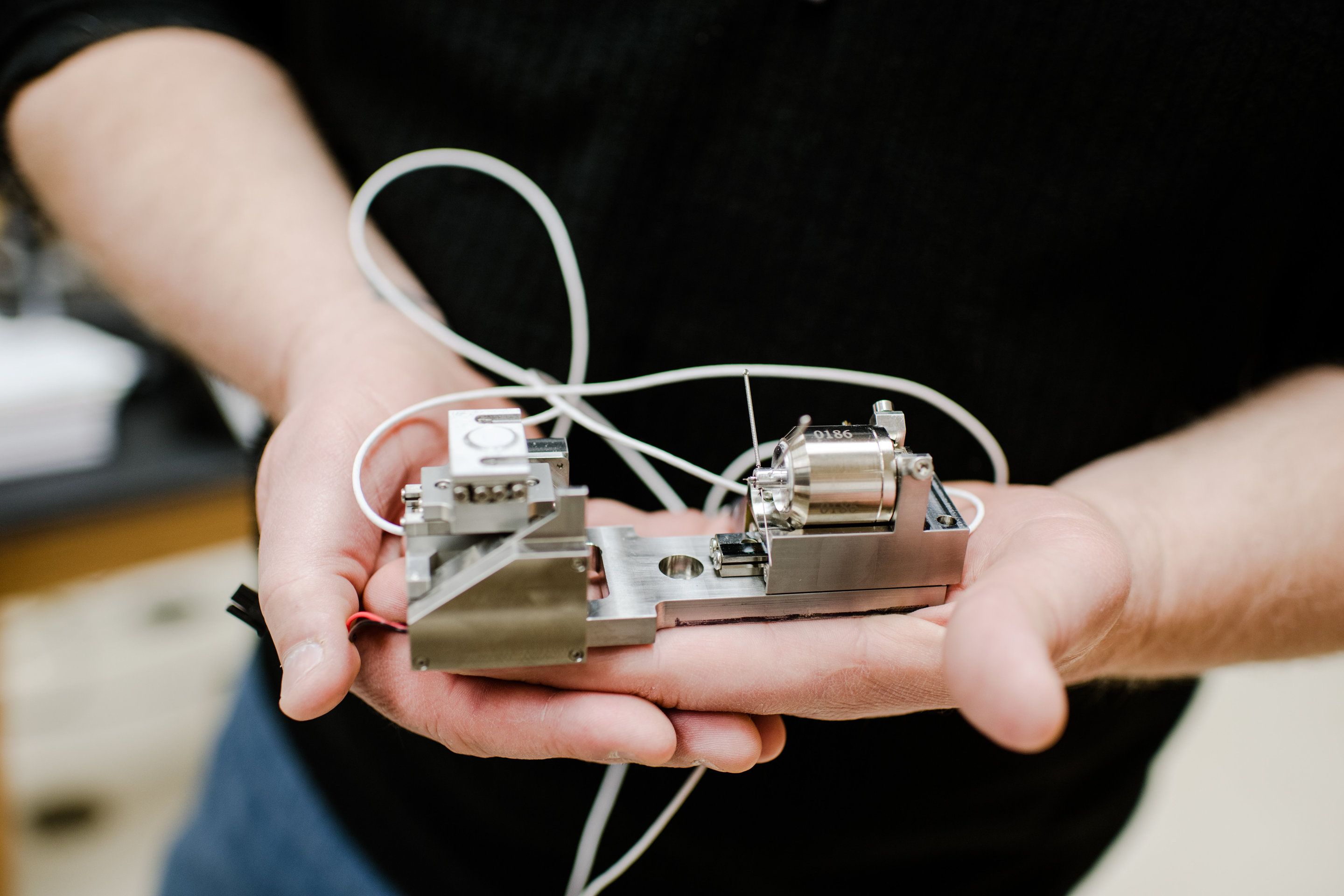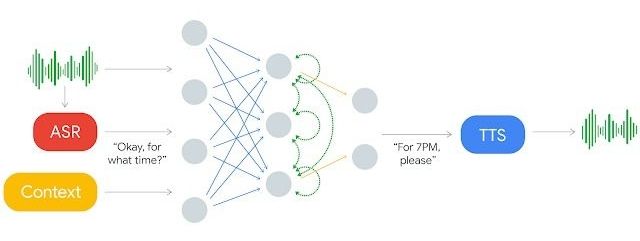Jun 25, 2018
Volvo is making a true ‘Autopilot’ that’ll let you eat, sleep, or watch movies – coming in 3 years
Posted by Bill Kemp in categories: food, mobile phones, robotics/AI
Self-driving cars have gone from DARPA project to roaming our streets much faster than anyone predicted, but if you bring the topic up with a grouchy truck nuts-owning uncle, the response is probably going to be “Yeah, but when can I buy one?”
Volvo is making a more concrete (and realistic!) pledge than most of its competitors: to have a Level 4 autonomous car in showrooms, buyable and usable, by 2021. Level 4 doesn’t mean full autonomy, but what it does mean is that you can have the bulk of your commute completely automated.
Don’t Miss : Get the wireless charger that should’ve come with your phone for $13.


















